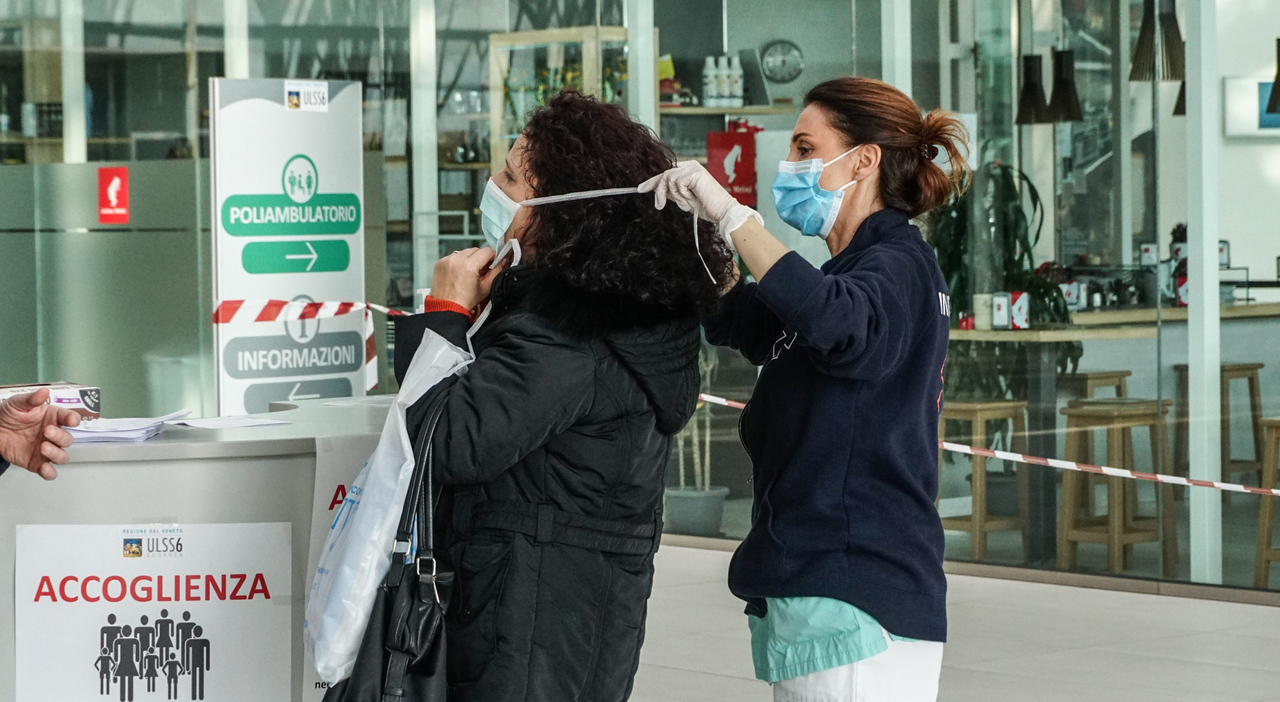FRIULI – The escape of doctors from the regional public structures it is assuming, day after day, ever greater aspects. In particular in those essential services such as first aid, intensive care and in practice in all those departments where you work shift after shift. But there is also another major problem. Yes, because a public service doctor who resigns from an operational service, very often then returns to there as a private doctor, paid by the health company with a freelance invoice. The fact is that there is an alarming inequality between the two pages: the private doctor manages to get even 60 euros more per hour than the doctor hired by the health service.
THE UNION
Alberto Peratoner, anesthetist, president of Aaroi, took the field. “The escape of doctors from our regional health system – he explains – and the abandonment of what was one of the best Italian health systems is an unstoppable hemorrhage to which the regional administration does not seem to give weight except by proposing further assignments to private entities and cooperatives as a panacea for this very serious situation. Moreover – he goes on – creating a shameful inequality between exploited, squeezed and underpaid professionals loyal to the public and freelancers gratified by very different salaries and released from cumbersome corporate governments that penalize employees who lose control of the quality and efficiency of the system. First aid, emergency medicine, anesthesia and resuscitation and radiology are crucial specialties, the shortcomings of which today in this region determine a very high risk of blocking the system and delay in the provision of essential levels of assistance ».
PATH
“We are facing a total deregulation of public health as well as of the labor market. Today it is touching the area of emergency medicine and first aid – says Peratoner in an article in the online newspaper Sanità.it – tomorrow it will also touch the anesthesiologists and so on. And that they do not tell us that this form of speculative recruitment of personnel is the result of the shortage of medical personnel. Otherwise, shortage due to shortage, doctors should not even be found to serve in the profession. Doctors who enter public companies with freelance contracts are freelance doctors with interests very different from public ones and if this model were to extend and take hold, we will see the complete privatization of large slices of our hospitals with dubious results on quality and efficiency. of the service »the conclusion of the president of the Aaroi.
THE PRIVATE
But to take the field against what they believe is a model that goes towards the privatization of regional public health, even the 5 Stars. The regional councilor Andrea Ussai has no doubts. “From what emerged from the meeting” The territorial emergency-urgency systems in the Fvg region: organizational, technological evolution and future scenarios “, a meeting for a few close friends since many requests for participation (including mine) have fallen on deaf ears and where the conclusions were already taken for granted, given that most of the speakers came from Lombardy: the push towards the private sector which seems to be the only idea of this marjoram in the field of health ».
REORGANIZATION
“In summary Alberto Zoli, Director of the regional company Emergenza Unica della Lombardia – explains Ussai – clarified that we must focus on a single central unit of both 118 and 112 in Fvg, with the expressed satisfaction of the councilor Riccardi according to which now it is necessary create an inter – company Department on which – according to the vice president – all the positions that technology must make available must be found, allowing politics to make those decisions without entering into the merits of the management aspects and where professionals can move. The only mobility of personnel that we have seen in recent years – concludes Ussai – is that of nurses who have fled from the Palmanova plant due to the inertia of politics, which promised seas and mountains, but which left professionals adrift. and an emergency system – urgency of excellence “
